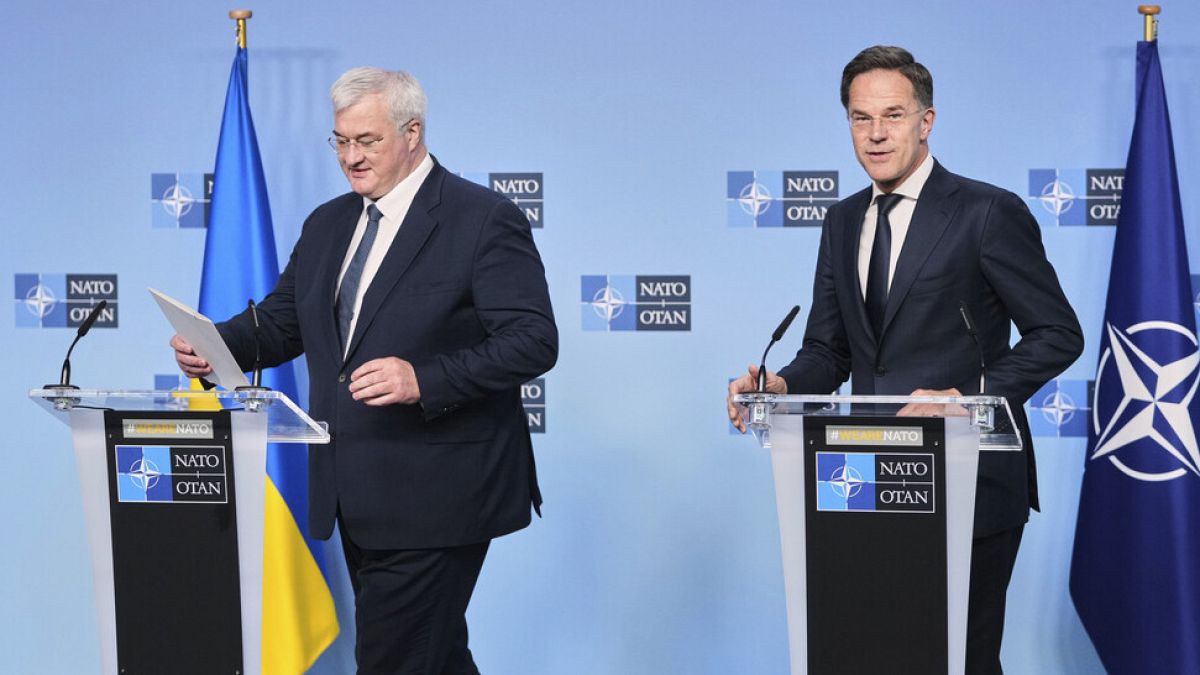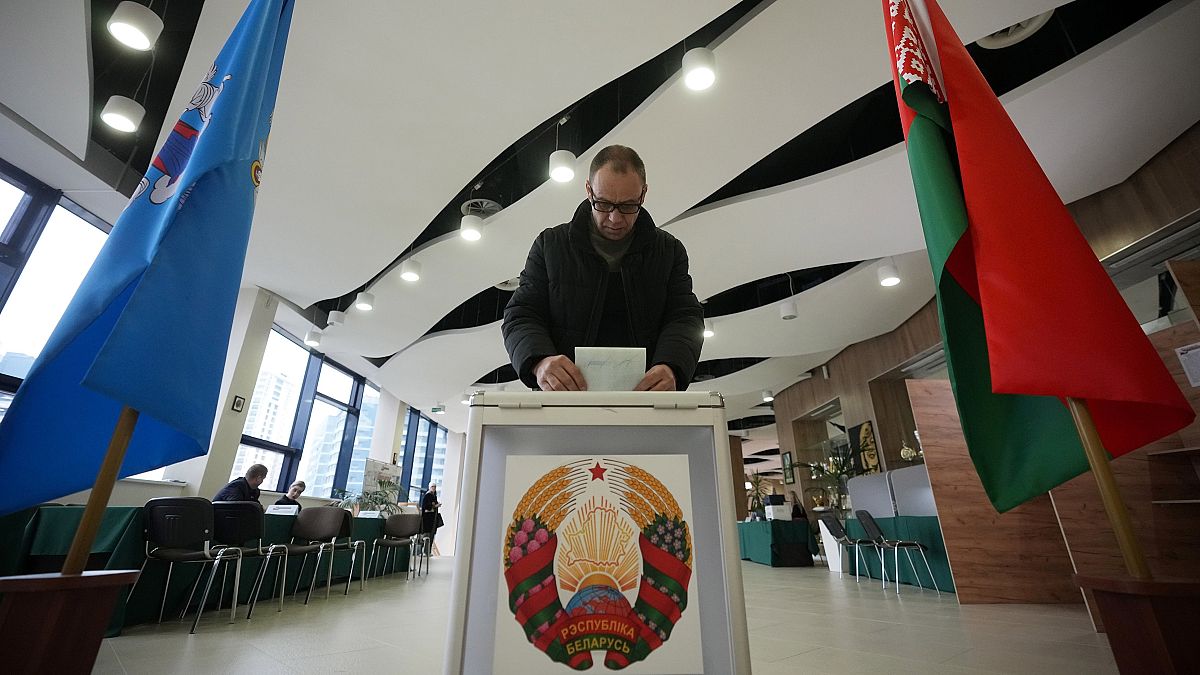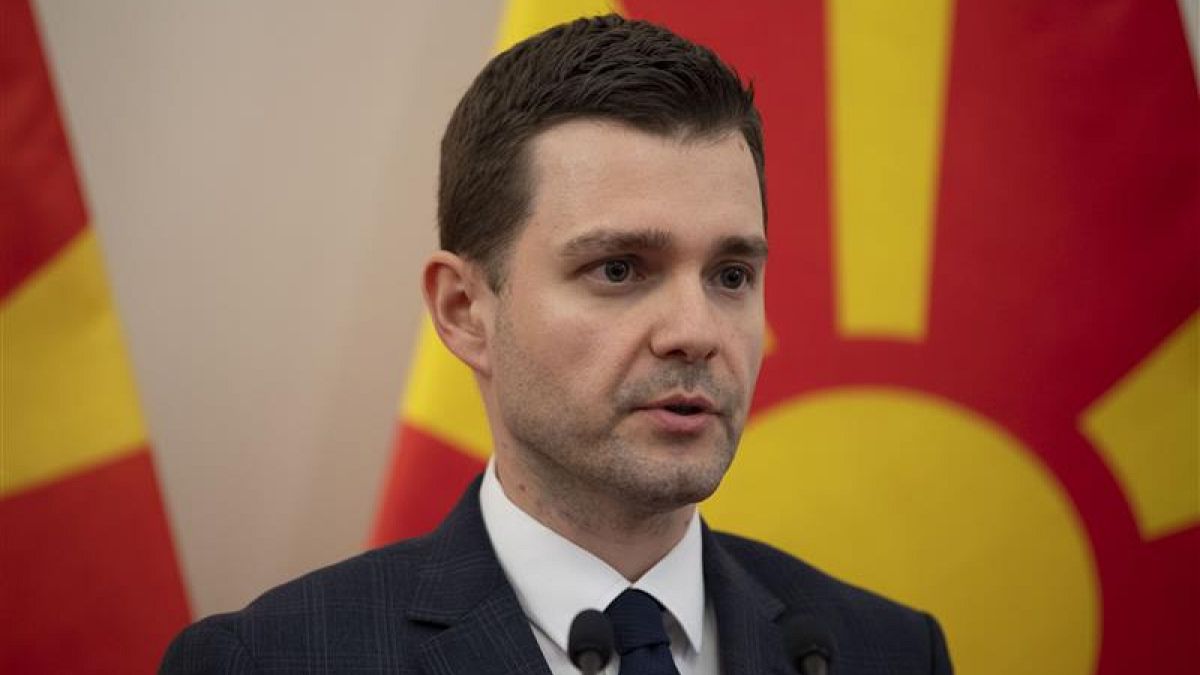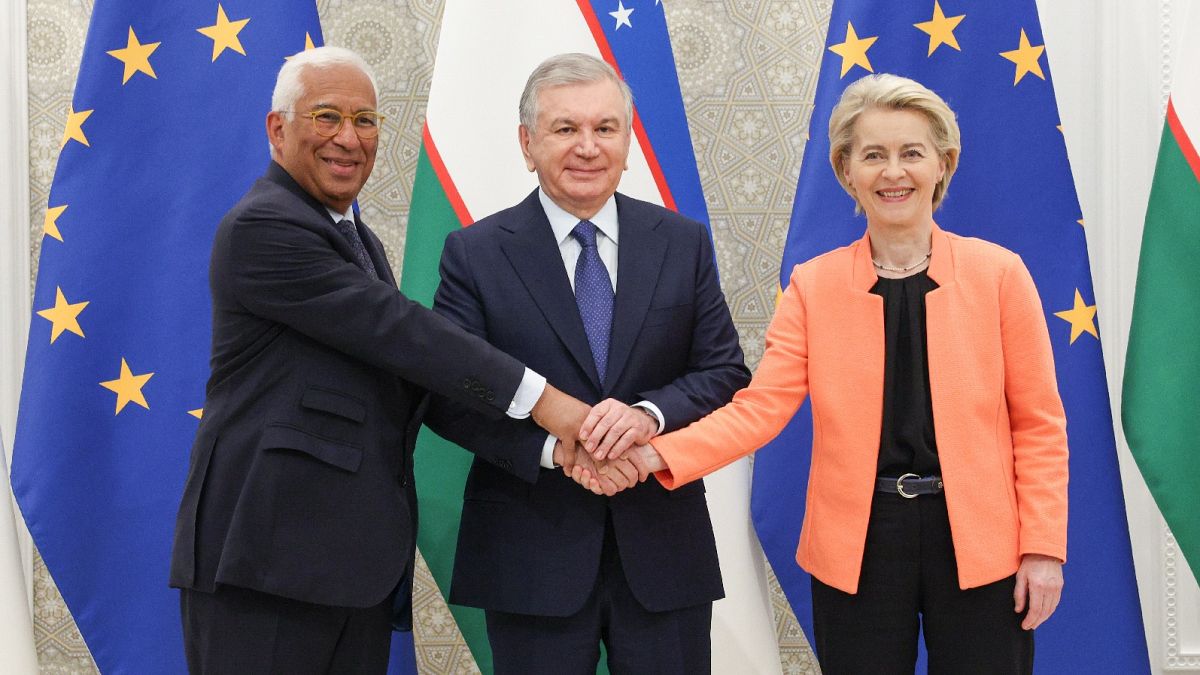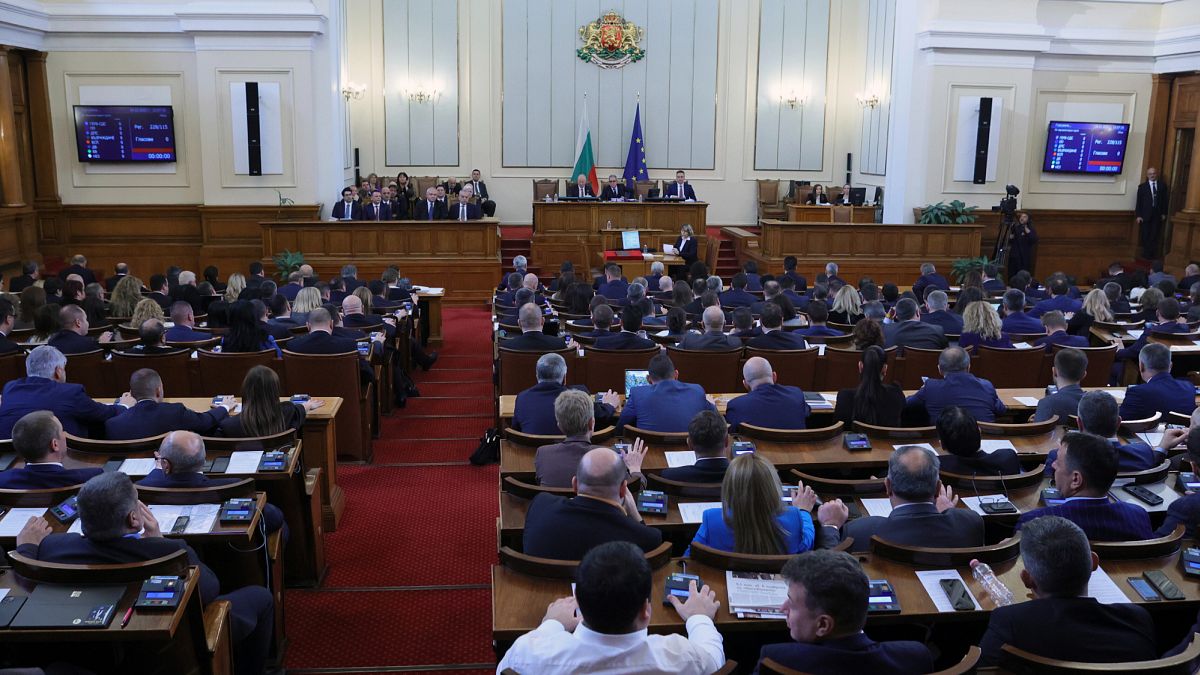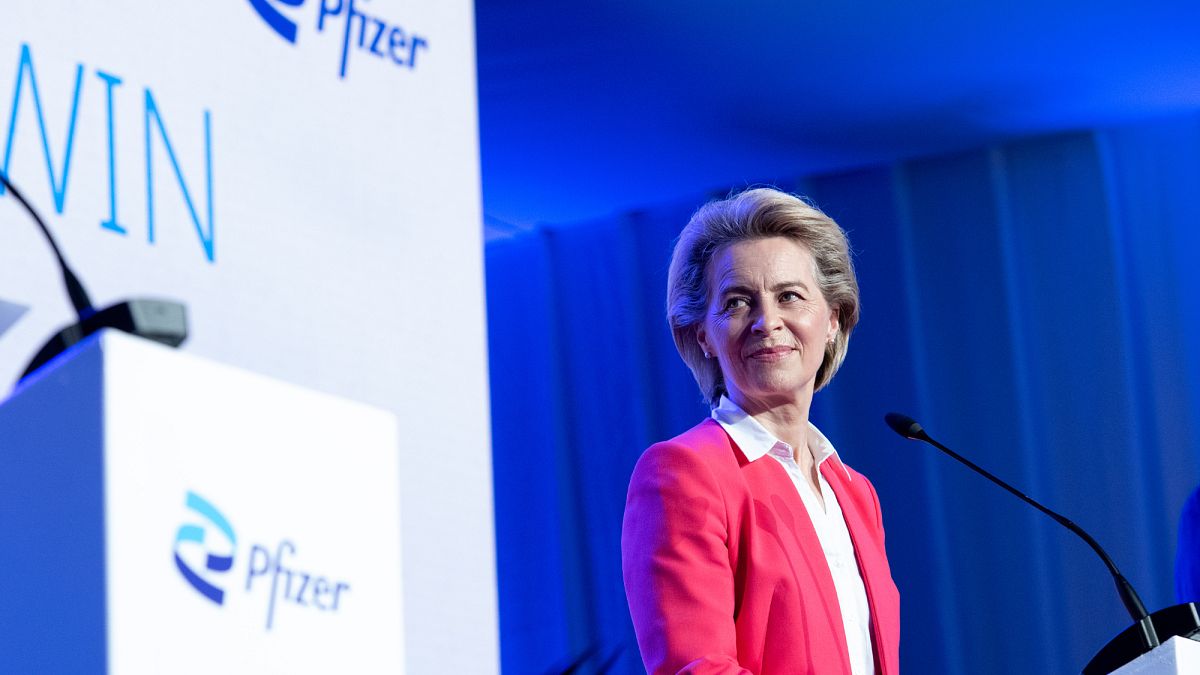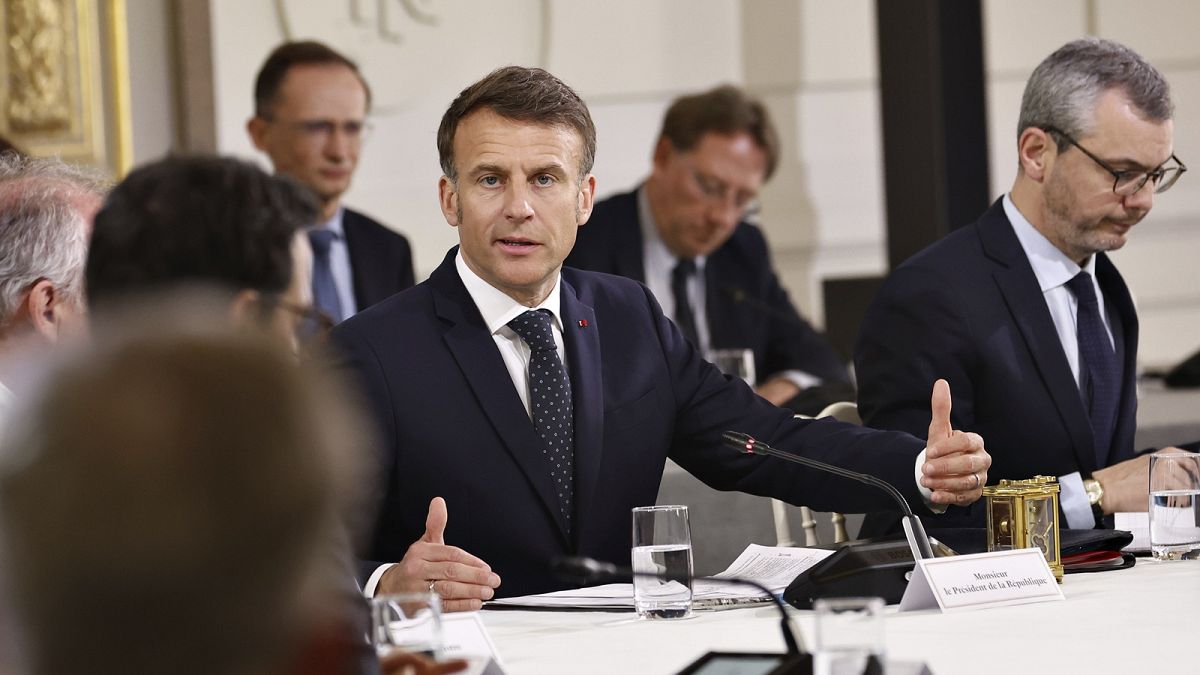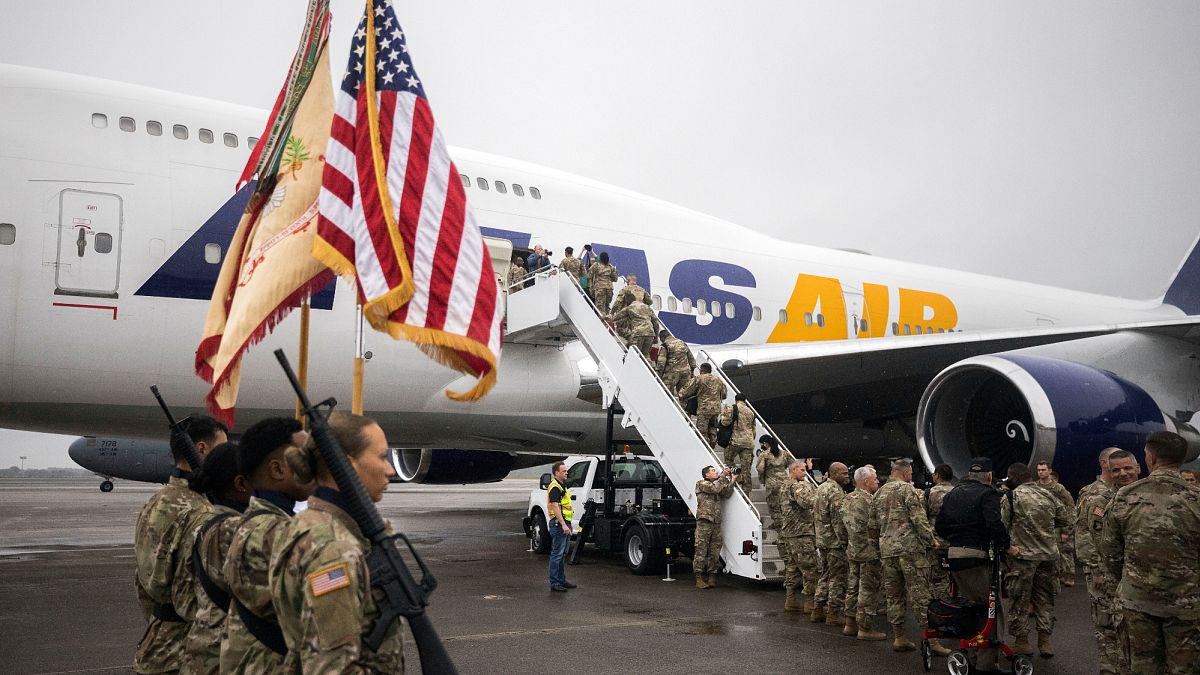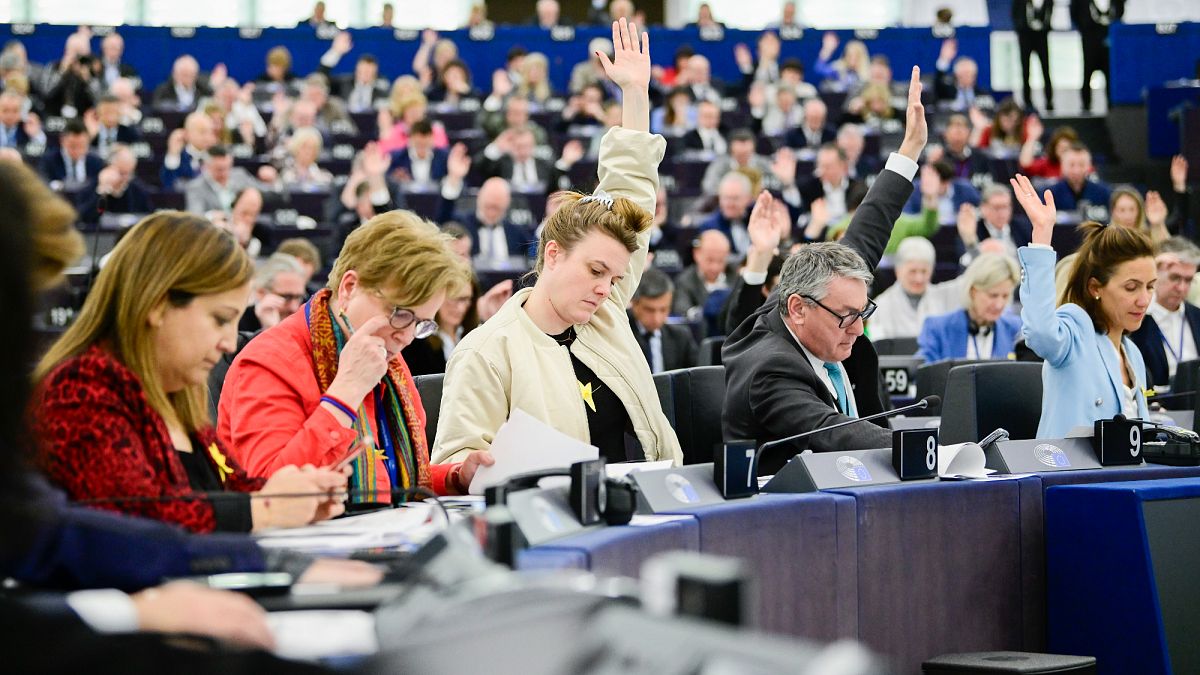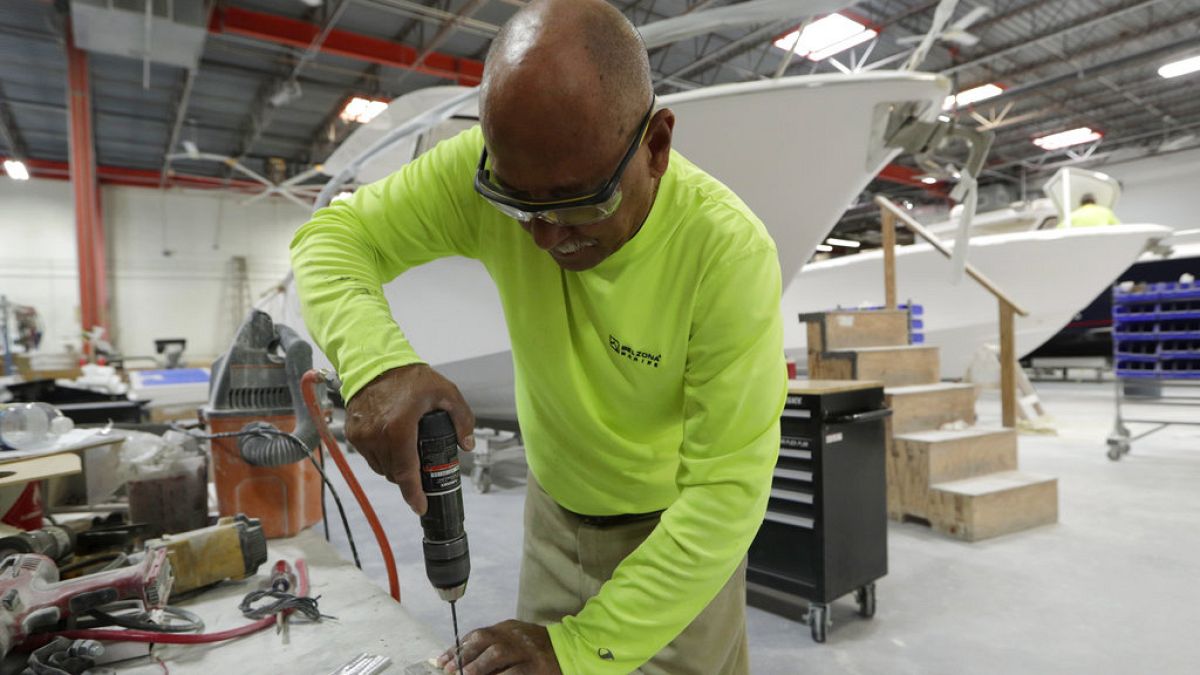Voting started following a period of almost non-existent election fever. In the capital Minsk, there’s an almost total absence of billboards promoting the candidates and there has been little in the way of campaigning.
Polls have opened in Belarus in a presidential election which is all but certain to see incumbent Alexander Lukashenko win a seventh term in office.
And voting started following a period of almost non-existent election fever. In the capital Minsk, there’s an almost total absence of billboards promoting the candidates and there has been little in the way of campaigning.
Even Lukashenko himself seemed disinterested in the process.
“I’m not following the election campaign,” he said earlier this week at a state-run car manufacturing plant. “I’ve got no time.”
70-year-old Lukashenko, frequently dubbed ‘Europe’s last dictator’, has ruled Belarus with an iron fist since 1994.
Many of his political opponents have either been imprisoned or fled abroad.
“There is a depressed mood in Belarus. Most people who used to actively protest and express their political views are now intimidated,” said Darja Rudkova, a Belarusian living in exile.
In the last election in 2020, Lukashenko was declared winner with 80% of the vote. That triggered accusations of voting fraud, months of protests and a harsh crackdown leading to 65,000 arrests.
Opposition figures were jailed or forced to flee.
This time, the country’s seven million registered voters can choose between five candidates, only one of which is regarded as critical of Lukashenko’s rule and Belarus’ close ties with Russia.
Independent candidate Anna Kanapatskaya said, “Belarusians and Belarus deserve to live in a free, independent, democratic country. To have a future where human rights are respected.”
“I do not fight with police officers because it is a crime. But that doesn’t mean I support the policies of the current leadership of the country.”
Although Lukashenko’s current term — his sixth — doesn’t expire until the summer, he chose to bring the elections forward from August to January, which is bitterly cold in Belarus.
According to Belarusian political analyst Valery Karbalevich, this is a calculated bid to deter demonstrators from taking to the streets to protest the election results.
“There won’t be mass protests in freezing January,” he said.
Crackdown on dissent
Lukashenko is a close ally of Russian President Vladimir Putin and he relies on subsidies and political support from Moscow to maintain his grip on power in Belarus.
As he bargained with the Kremlin over the years for more subsidies, Lukashenko periodically tried to appease the West by easing repression in his country. But this tactic ended after he unleashed a violent suppression of dissent following the 2020 election.
Tens of thousands of Belarusians were arrested, and thousands were beaten by police forces in a sweeping crackdown by the state. In parallel, hundreds of independent media outlets and NGOs were closed and outlawed.
In response, the West sanctioned Belarus. Such sanctions on the country have intensified after Russia was found to be using its neighbour to circumvent European sanctions imposed on Moscow because of the full-scale invasion of Ukraine in 2022.
As it stands, 287 individuals — including Lukashenko himself — in Belarus have been sanctioned by the EU, as well as 39 entities.
On Friday, the European Commission described the elections as “a total sham”.
“They’re not elections when you already know who will win,” said the Commission’s spokesperson on foreign affairs Anitta Hipper.
“The EU is continuing to support the Belarusian people. We are also continuing to put pressure on the regime,” she said.
The Commission said last month said it was providing €30 million to support civil society in Belarus, having already provided €140 million since 2020.
As for what remains of the opposition, human rights activists say the country is holding around 1,300 political prisoners behind bars. The Nobel Peace Prize laureate Ales Bialiatski, founder of the country’s top rights group Viasna, is among them.
“Through a brutal campaign against all dissent, the authorities have created a suffocating climate of fear, silencing anything and anyone who challenges the government,” said Marie Struthers, Amnesty International’s Eastern Europe and Central Asia director.
Soviet-style strongman
Belarus was part of the Soviet Union until its collapse in 1991. The Slavic nation of 9 million people is sandwiched between Russia, Ukraine, Latvia, Lithuania and Poland — with the latter three all being NATO members. During World War II, it was occupied by Nazi Germany.
Lukashenko, a former state farm director, was first elected in 1994, riding a wave of public anger in the face of a catastrophic plunge in living standards after chaotic free-market reforms. He promised to combat corruption.
An open admirer of the Soviet Union, Lukashenko’s government oversees Soviet-style controls on the economy and actively discourages use of the Belarusian language — in favour of Russian. The leader also pushed the country to abandon its red-and-white national flag, in favour of one similar to that which it used as a Soviet republic.
Belarus’ top security agency propagates fear, retaining its Soviet-era name of the KGB (Komitet Gosudarstvennoy Bezopasnosti). It is also the only country in Europe to uphold the death penalty, with executions carried out with a gunshot to the back of the head.
And in February 2022, Lukashenko allowed Russia to use Belarusian territory to invade Ukraine, later agreeing to host some of Russia’s tactical nuclear weapons.

